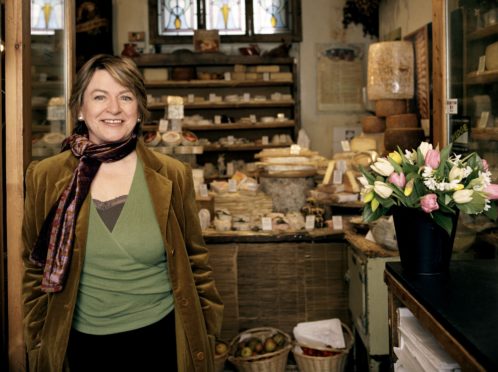Food journalist Sheila Dillon has spoken of her concerns over the impact Brexit will have on food in Britain, saying she is “scared” it will “end with us having a free trade deal with the US”.
The broadcaster and presenter of Radio 4’s The Food Programme lived in the US for several years.
She told Radio Times magazine: “I’m scared that Brexit will end with us having a free trade deal with the US. I lived there long enough to know it has one of the worst food systems in the world.”
A Department for International Trade spokesman responded: “We have been very clear that we will not lower food standards as part of any new free trade agreement.”
Dillon, who was diagnosed with multiple myeloma in 2011, also spoke of her interest in the link between diet and well-being.
She said: “I’m interested in this relationship between medicine and what you eat. People say we are at a tipping point.
“There are those pushing against Type 2 diabetes and obesity through a new model, because the model of handing out a pill clearly isn’t working.
“We’ve been doing it since the war but it needs to change. It’s obviously inadequate because 10 per cent of the NHS budget is now going on Type 2 diabetes and by 2035 that number is projected to reach 17 per cent.”
The NHS website describes multiple myeloma as a type of bone marrow cancer and says it is called so because it “affects several areas of the body, such as the spine, skull, pelvis and ribs”.
She cited chefs Jamie Oliver, Hugh Fearnley-Whittingstall and Yotam Ottolenghi as “pioneers for change”.
The full interview is in this week’s Radio Times magazine.
